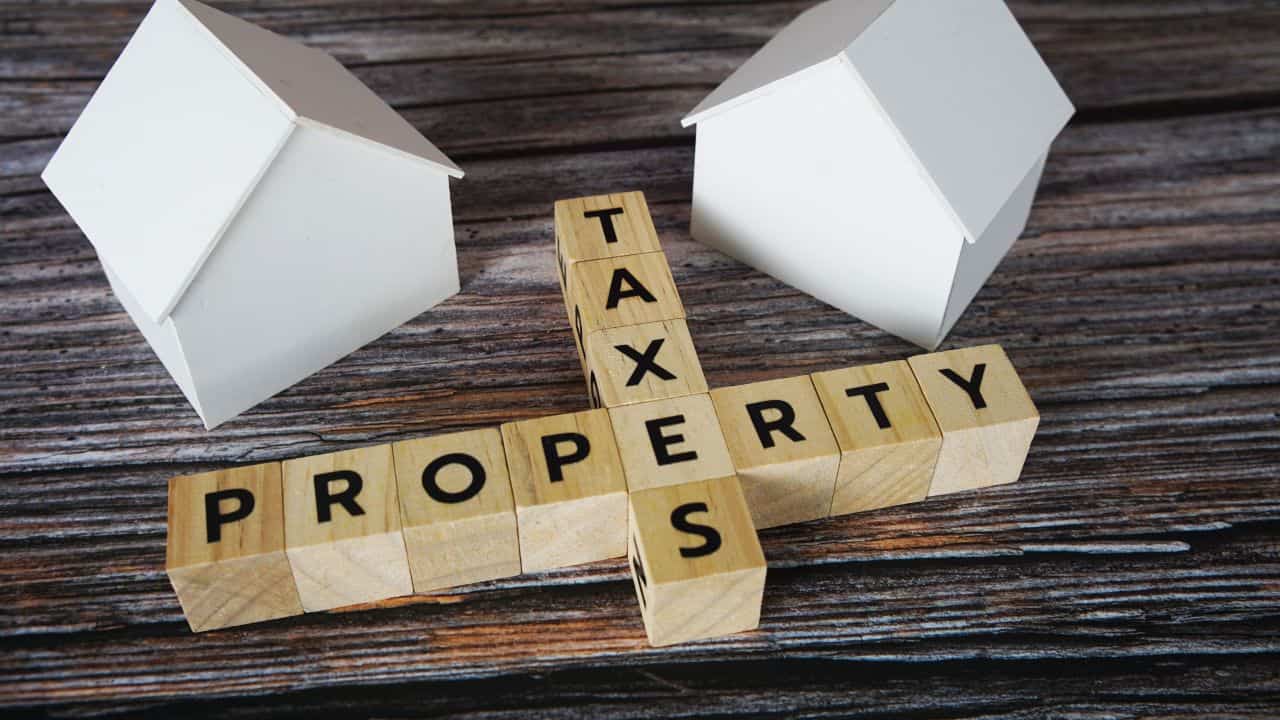
Owners of furnished holiday lettings face a race against time if they want to take advantage now tax benefits ending next month.
NFU Mutual says new legislation comes into effect on April 6 which may limit the ambition of holiday lettings owners wish to sell or gift their properties.
Furnished holiday lets are currently treated as trading businesses, allowing owners to take advantage of various Capital Gains Tax reliefs when selling or giving away the property. However, these rules will change in just over a month’s time.
NFU Mutual says if someone wants to undertake a major internal improvement to their property, they should do it before April 6 to take advantage of the current tax treatment.
Sean McCann, chartered financial planner at NFU Mutual, says: “Currently, if you spend money on improvements such as putting in a new kitchen, bathroom or central heating you can claim 100 per cent tax relief, within limits.
“From April 2025 you will get tax relief on repairs to the property, replacing furniture or washing machines but not for capital improvements. So, if you are planning to put in a new kitchen or extend the property it may make sense to do this before April 6 2025.”
Until April 6, sellers can claim “roll over relief” if reinvesting in a new holiday let or trading business, deferring some or all CGT. Those not reinvesting may qualify for business asset disposal relief before the deadline, paying only 10% on gains up to £1m.
McCann continues: “If you are selling and buying a new furnished holiday let or other qualifying trading asset, you can roll over all or part of the gain which allows you to defer all or part of the Capital Gains Tax payable. Or if you are gifting the property, you and the person you are giving it to can claim “gift hold over relief.
“If you’re planning on ceasing your furnished holiday let business if you do so before 6th April you may be able to claim business asset disposal relief – which allows you to have £1m of gains during your lifetime taxed at 10%.”
For tax purposes, holiday lets must be available for hire for 210 days and rented for at least 105 days each year, with discounted rates to family not counted.
McCann says owners may want to make pension contributions from their lettings income, which is currently treated as earned income.
“Profits from furnished holiday lets are currently treated as earned income and can be used to make pension contributions. This means that for every £80 paid in, HMRC will add another £20.”
Please visit:
Our Sponsor
